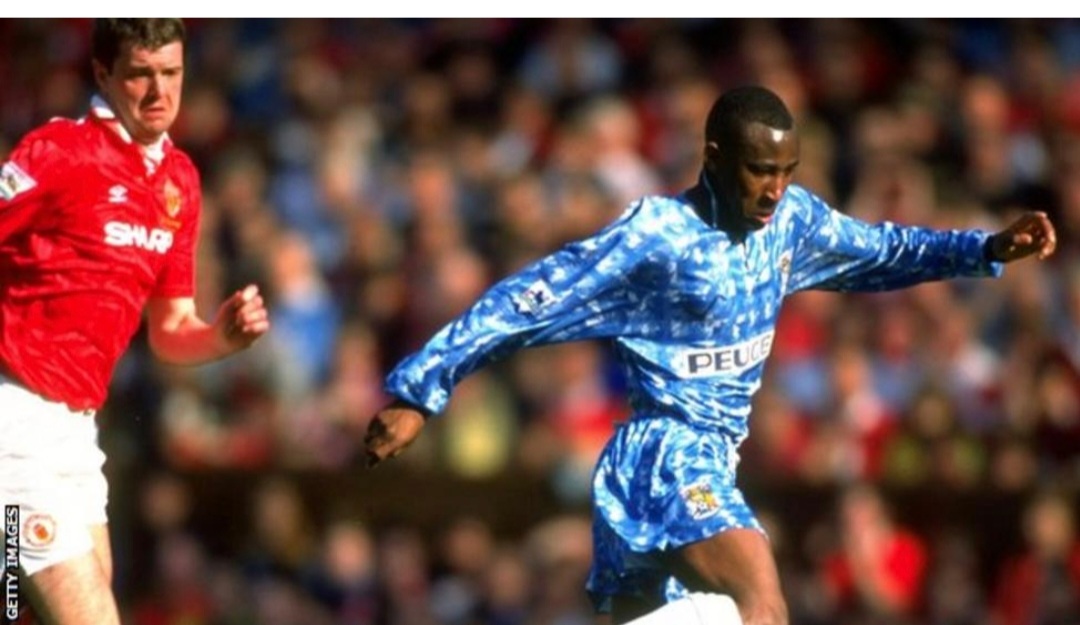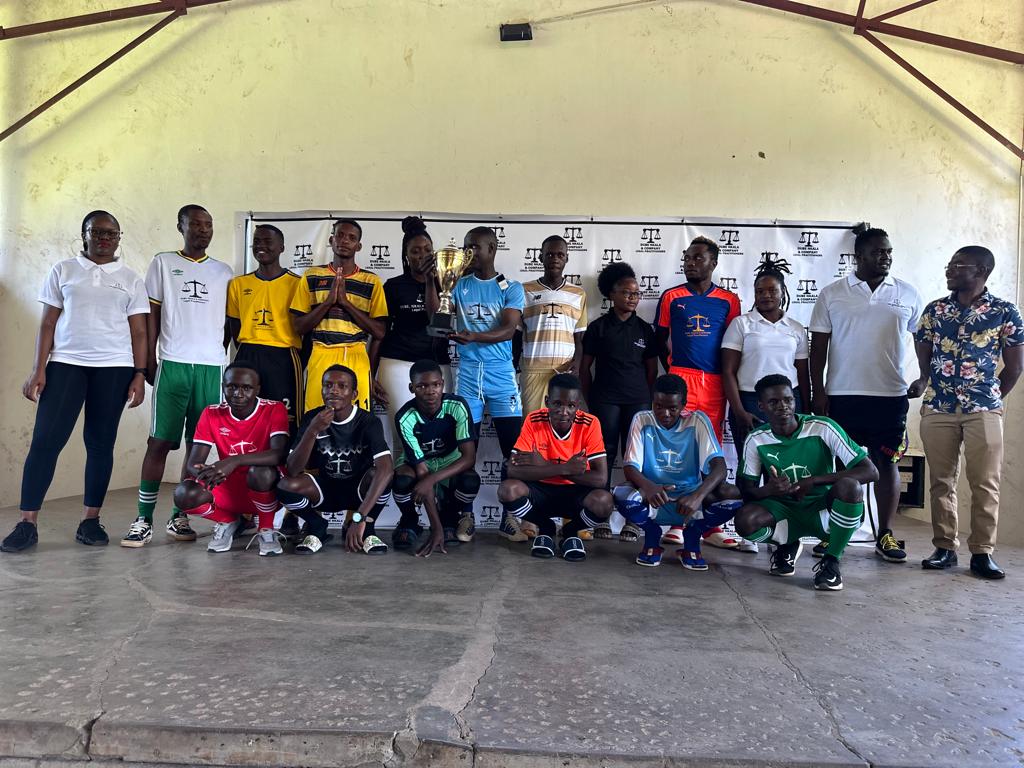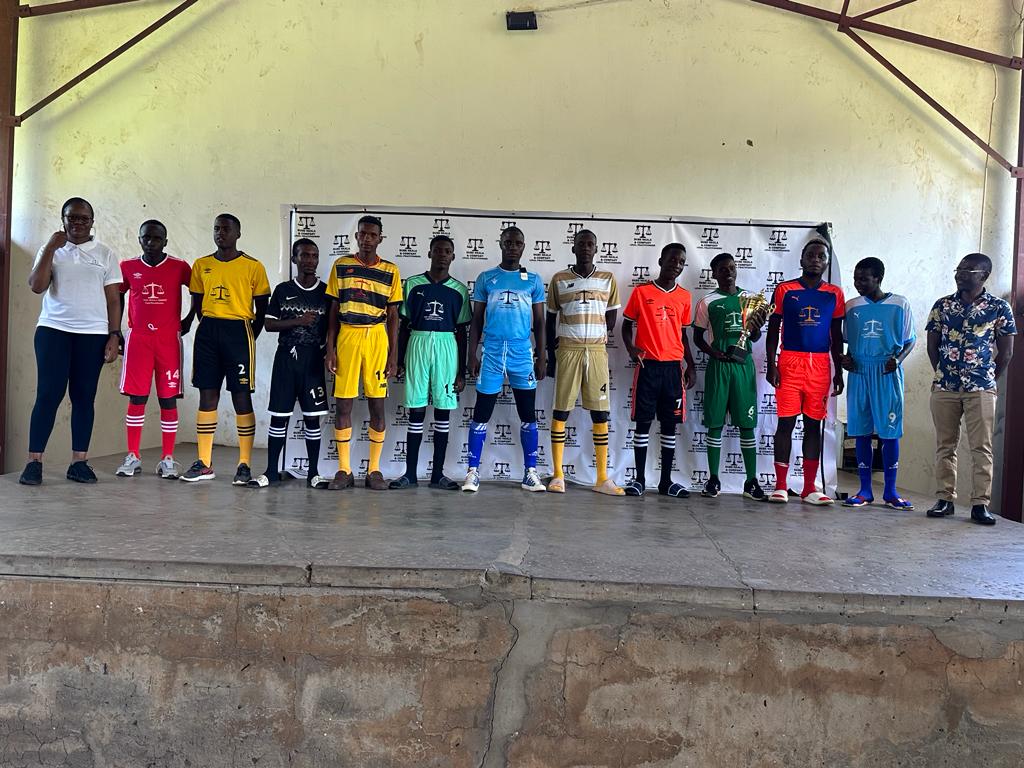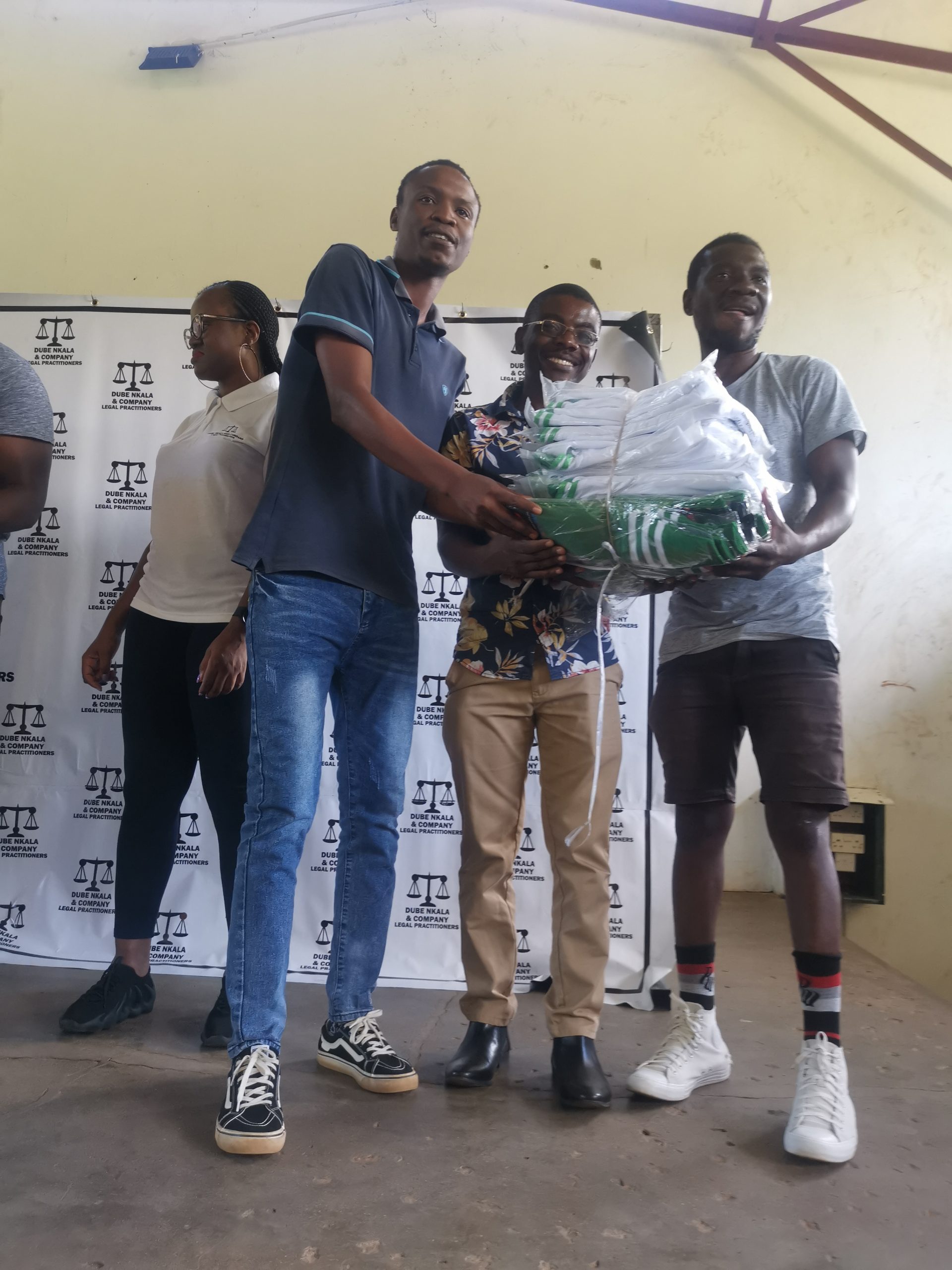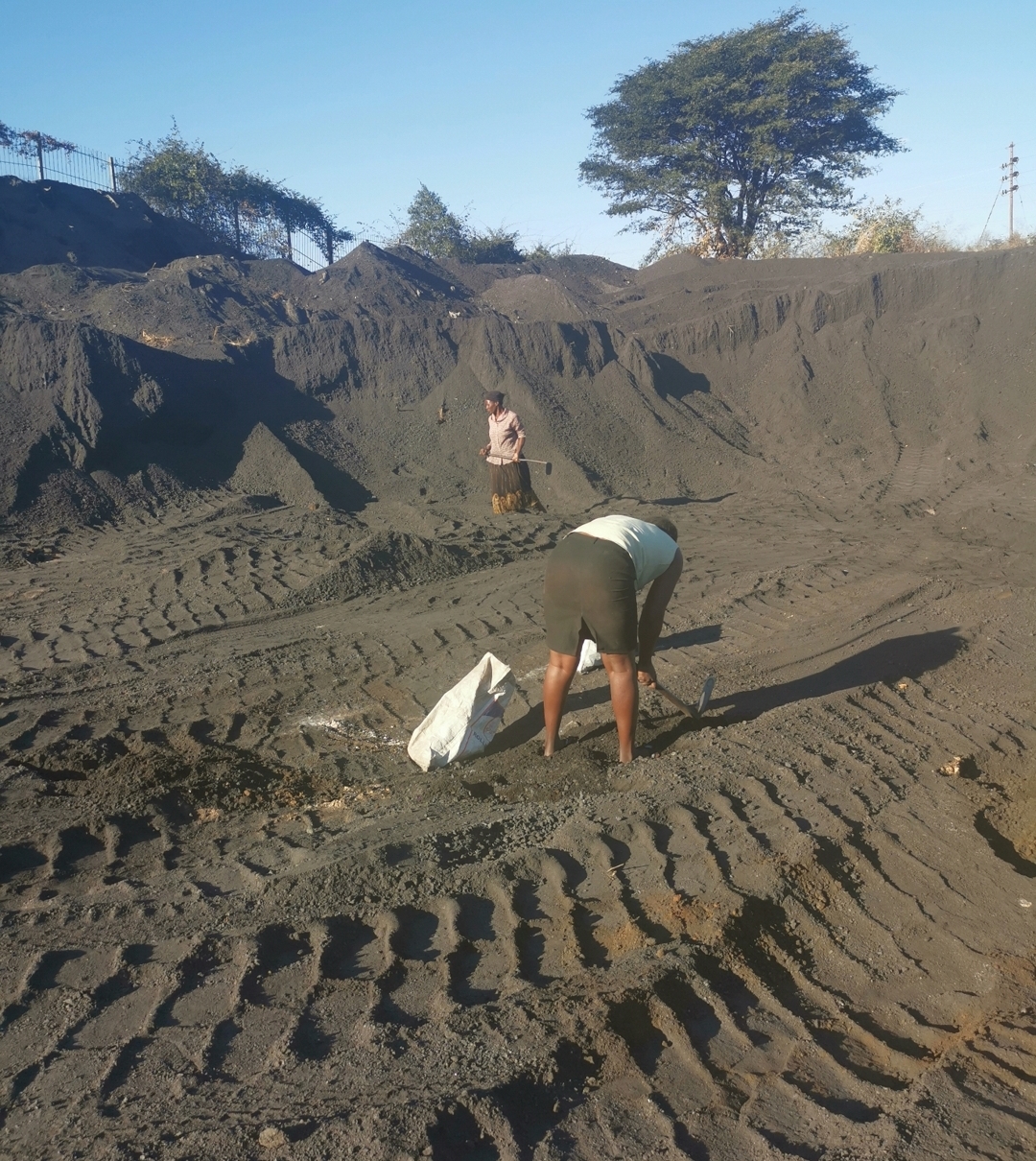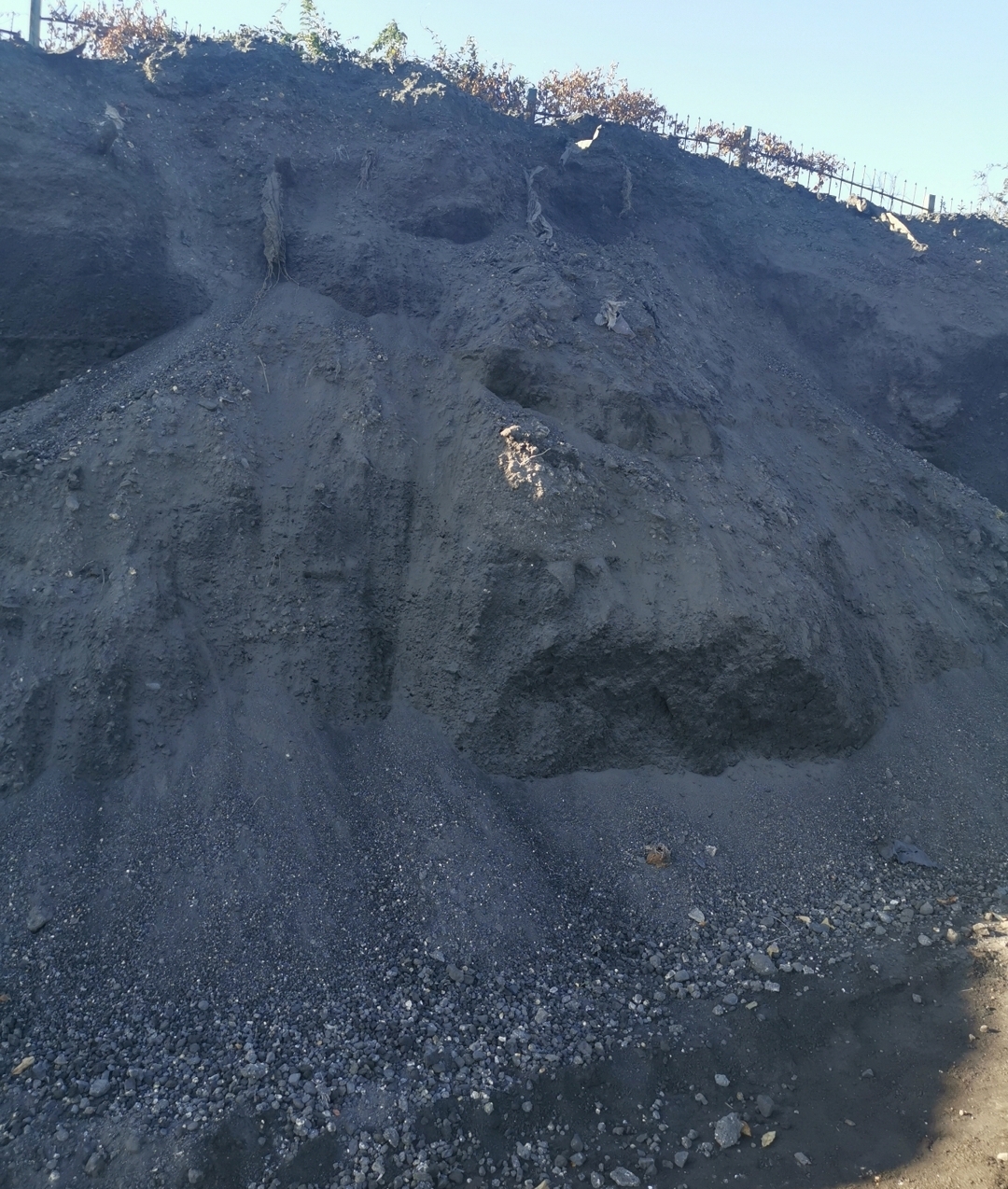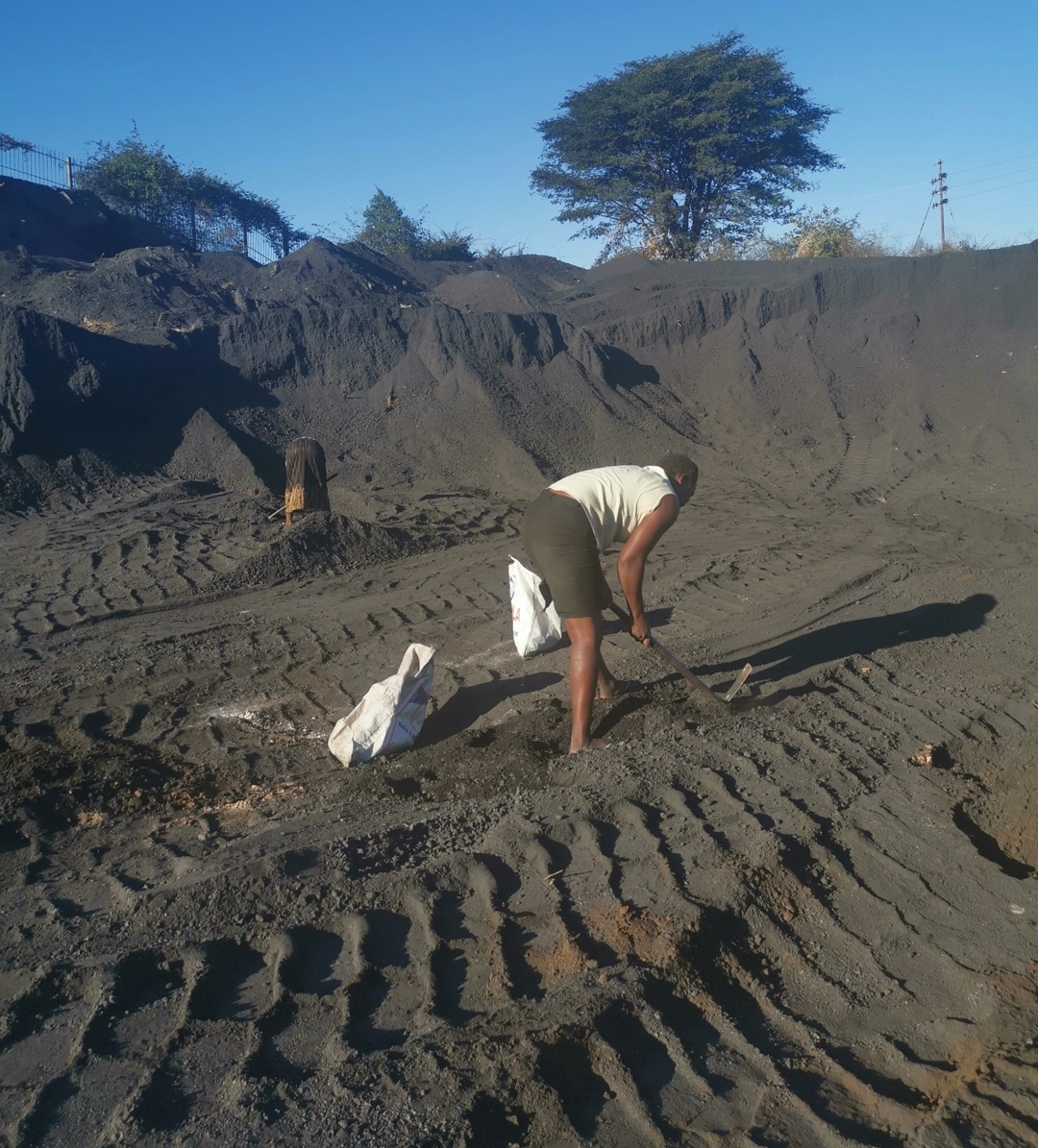BY MARK GLEESON
Thirty years ago on Friday, Peter Ndlovu made an important piece of English Premier League history for Africa.
Then still a teenager, the former Zimbabwe international became the first African to score in the rebranded English top flight, netting for Coventry City in a 2-1 win at Sheffield Wednesday on 2 September 1992.
The winger had joined Coventry from Highlanders a year before, and had already set a continental appearance milestone when he came on for John Williams in Coventry’s Premier League away victory at Tottenham Hotspur on 19 August 1992.
Ndlovu is delighted to be remembered as the first African to play in the division – and says his continent’s contribution to the worldwide appeal and success of the league has been enormous.
“I’m sure I was told then, ‘Do you know that you’re the first African to play in the Premier League?’.
I probably just said ‘OK’ and didn’t give it anymore thought,” Ndlovu, 49 and now based in South Africa, told BBC Sport Africa.
“The thing for me was that I was just playing football.
“But when you see now after all these years, it’s very special when you’ve started something for African players to come after me.
“I’m just so proud of all of them that they have made [the Premier League] better and we can see that many of the big money players (English clubs) are buying now are Africans.
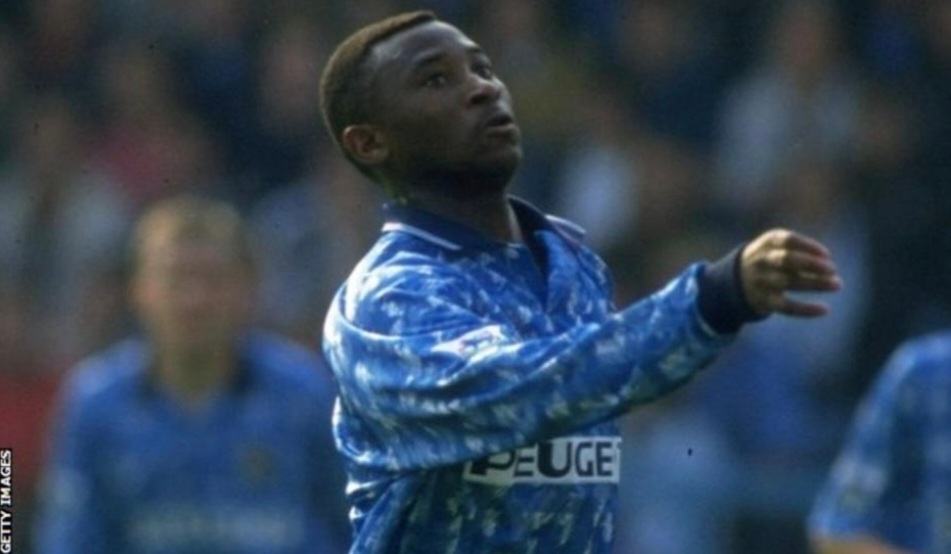
Bulawayo-born Ndlovu spent more than a decade in English football, first forming a dangerous partnership with Micky Quinn and staying at Coventry until a £1.6m move to second-tier Birmingham City in 1997.
He also played at Huddersfield Town, on loan, and Sheffield United, while representing Zimbabwe’s national team for 16 years – which included appearances at two Africa Cup of Nations finals.
“It’s history, great memories and all good times. I appreciate that people always remember the good things and the first time an African played in the EPL,” Ndlovu, now the team manager of South African champions Mamelodi Sundowns, said.
Africa provides ‘some of best players in the world
Since Ndlovu made his Premier League debut at the old White Hart Lane, some 300 Africans have followed in his footsteps in what is widely regarded as the best league in world football.
“What I like about all the 300 that have come after me, you can say they’ve even added value and represented the continent very well,” he said.
“You can see how much the standards have gone up compared to the time when I started. It’s a very good league and we support it all the time.
“Also, with the large number of players playing in the Premier League, as well as all over the other leagues, it shows that Africa is the provider of some of the best players in the world.”
Ndlovu says his time in England was the making of him as a man.
“Well, when I went there first it was just like, ‘I’m going to play football’.
“Then I realised how much it had changed my life, changed my perception about the football, changed the way that I would act.
“It made me a better person, it made me understand what success was all about, what football is all about. And when I started concentrating, I became a better person, not only a better footballer, but a better person in life.
Ndlovu netted 34 Premier League goals – which all came for Coventry – and remains the highest-scoring Zimbabwean in England but he has since been far surpassed in the all-time list of African marksmen.
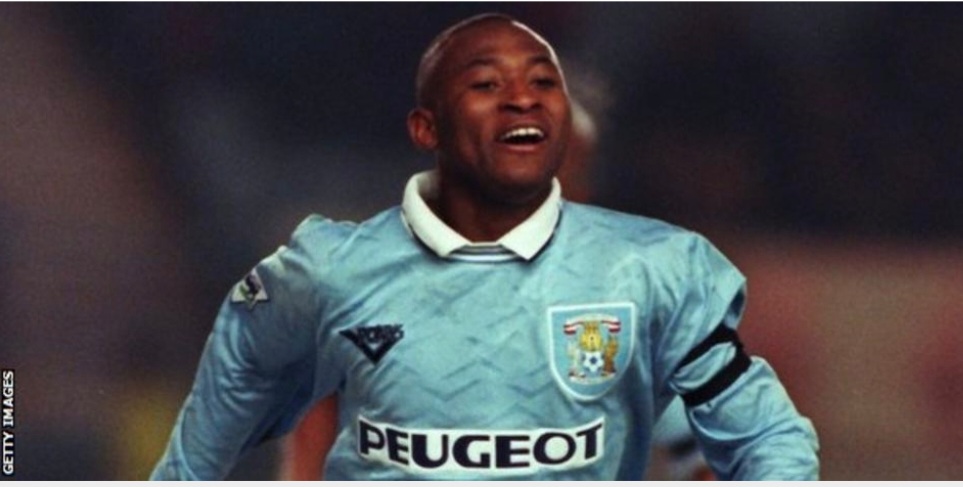
Liverpool’s Mohamed Salah leads the way on 122 goals, with now-departed Sadio Mane on 111 and former Chelsea striker Didier Drogba on 104.
Yet it is a former Ivory Coast team-mate of Drogba who stands out for Ndlovu as Africa’s best export to the Premier League.
“Yaya Toure represented Africa with pride,” Ndlovu said.
“He was an all-rounder. What I liked about him was he could score, head, dribble and do everything. He was a complete player.”
Ndlovu, who will turn 50 next February, still looks as slim and trim as he did in his playing years, albeit with a touch of grey in his hair.
He has been at Sundowns for over a decade, first as a player in the twilight of his career and then as part of the club’s administration.
While many players from across Africa dream of their own move to the Premier League, Ndlovu will always be remembered for his place in its history. – BBC

 Slider1 year ago
Slider1 year ago
 News1 year ago
News1 year ago
 Tourism and Environment2 years ago
Tourism and Environment2 years ago
 News3 years ago
News3 years ago
 News2 years ago
News2 years ago
 News2 years ago
News2 years ago
 News1 year ago
News1 year ago
 News2 years ago
News2 years ago
